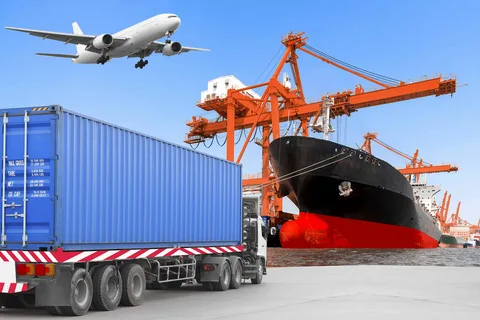As Pakistan’s economy continues to grow, the demand for imported goods is on the rise. Whether you’re a business looking to expand your market or an individual sending personal items, shipping cargo to Pakistan can be a straightforward process with the right information. Here’s a brief guide to help you navigate the essentials of cargo shipping to Pakistan.
Choosing the Right Shipping Method
- Air Freight: If speed is your priority, air freight is the best option. It’s perfect for high-value or perishable items, ensuring quick delivery. While it tends to be more expensive, it offers efficiency and reliability.
- Sea Freight: For larger shipments, sea freight is cost-effective. Although it takes longer, it’s ideal for bulk goods and can significantly reduce shipping costs.
- Courier Services: For smaller packages, international courier services like DHL, FedEx, and UPS provide reliable options. They offer door-to-door delivery and tracking features, making it easy to monitor your shipment.
Documentation Requirements
Proper documentation is crucial for smooth customs clearance in Pakistan. Key documents include:
- Commercial Invoice: This provides details about the transaction, including item descriptions and values.
- Bill of Lading: This serves as a receipt and a contract between the shipper and the carrier.
- Packing List: A comprehensive inventory of all items being shipped.
- Import License: Certain goods may require an import license, so it’s important to check regulations.
Understanding Customs Regulations
Navigating customs in Pakistan can be complex. Here are some important points to consider:
- Duties and Taxes: Import duties and taxes apply to various goods. Familiarize yourself with the applicable rates to avoid unexpected costs.
- Prohibited Items: Some items are restricted or prohibited from importation. Research these restrictions to prevent any issues at customs.
Selecting a Freight Forwarder
Working with a reliable freight forwarder can make the shipping process smoother. They can assist with:
- Documentation: Ensuring all necessary paperwork is correctly filled out.
- Customs Clearance: Navigating the complexities of Pakistani customs regulations.
- Logistics Management: Overseeing the entire shipping process, from origin to destination.
Conclusion
Shipping cargo to Pakistan can be a seamless experience when you have the right information and support. By choosing the appropriate shipping method, understanding documentation requirements, and partnering with a trustworthy freight forwarder, you can ensure that your goods arrive safely and on time. With careful planning, you’ll be well on your way to successfully navigating the logistics of shipping to Pakistan. Happy shipping!


















